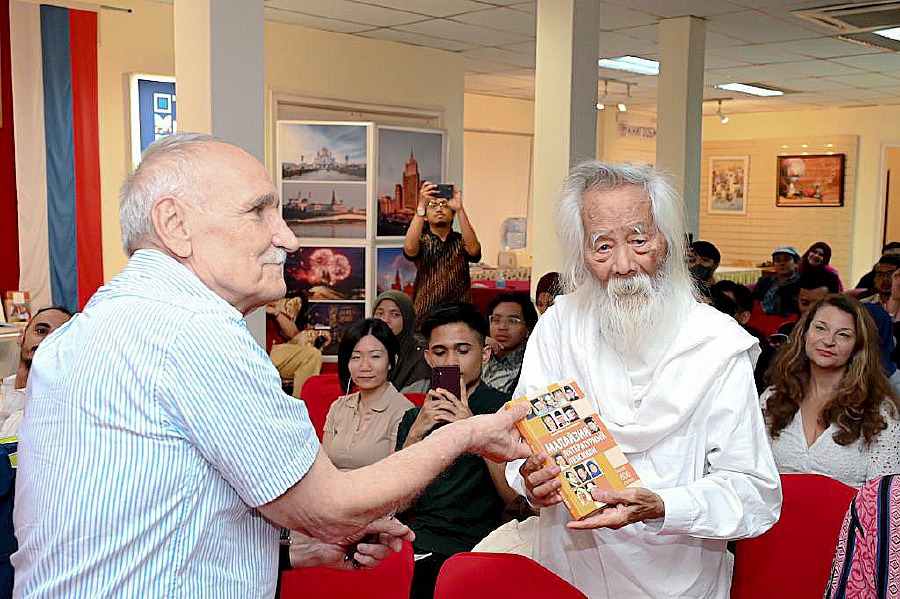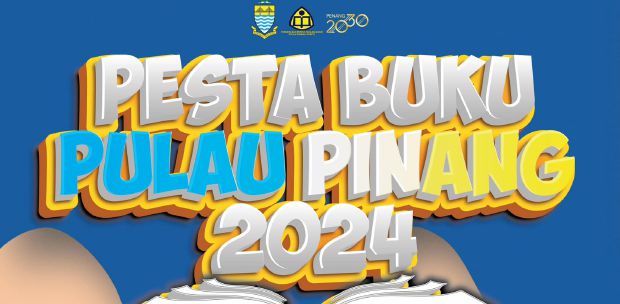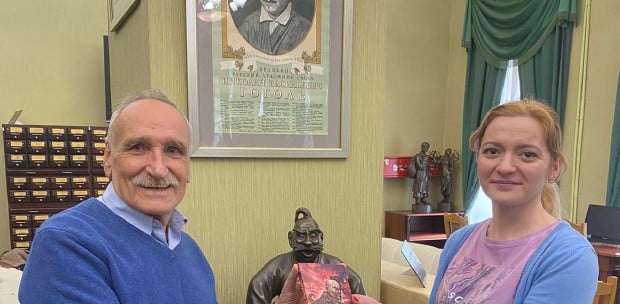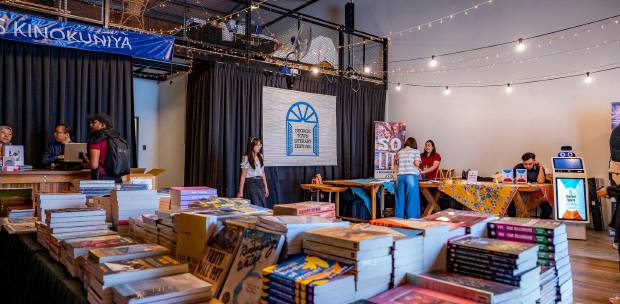I WANT to share a piece of good news with NST readers. The book, 'Malaysia. Literary Lexicon', has just been published in Moscow.
It is the first comprehensive publication on Malaysian literature in Russia.
The first part of the book contains brief information about the development of Malaysian literature (mostly Malay literature).
The second part — the lexicon itself — contains more than 800 entries. In addition to personalities, there are also conceptual and theoretical articles.
Poets and writers of prose and drama are highlighted, as are literary critics, folklorists, publishers and translators.
There are also authors who write in English, Chinese and Tamil, as well as some Singaporean writers whose creative lives began when Singapore was the centre of Malay culture.
The third section contains a list of translations of works by Malaysian authors into Russian. By the way, there are more than 70 publications!
The book was received positively by Russian readers. The journalist, Tatiana Firsova, noted in her review in the 'Asia and Africa Today' journal:
"It will not be superfluous to say that along with well-known literary names, marked by the high title of 'national laureates', such as Usman Awang, Abdul Samad Said, Siti Zainon Ismail, Muhammad Haji Salleh, Anwar Ridwan, Kemala, Baha Zain, Zurinah Hassan and others, the book includes the names of young literary figures (Aysha Safea, Ain Maisara, Ana Balkis, Arif Mohamad and others), reviewers and critics (Gulam Sarvar Yusof, Ku Seman Ku Hussein, Mana Sikana and others) and even functionaries — organisers (Awang Sarian, Abang Salehuddin Abang Shokeran and others).
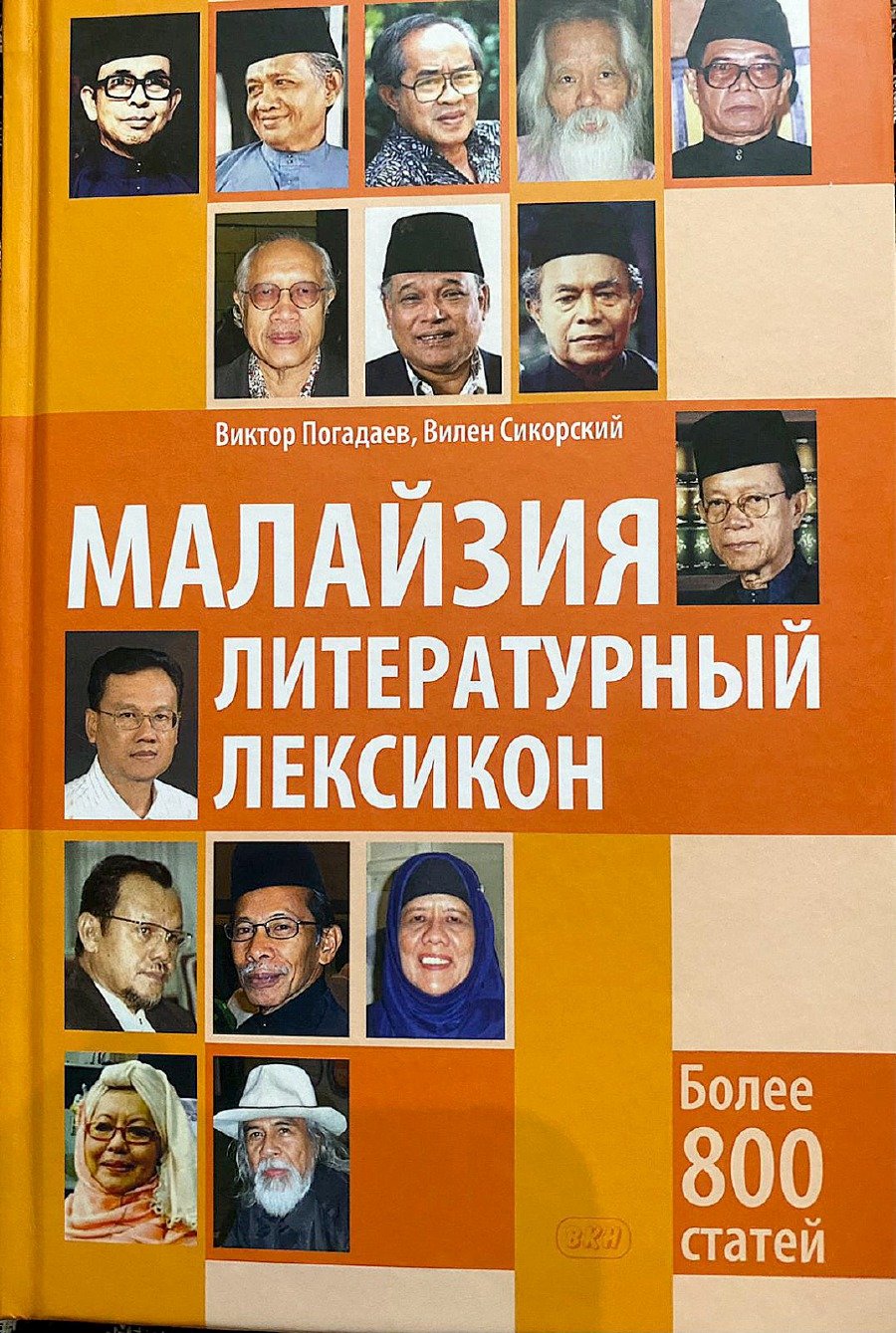
"Also mentioned are some educationists, the authors of film and telescripts, song lyrics, storytellers, etc. You can read about literary-poetic and public organisations (Pena, Gapena, Pemuisi, DBP and others), which, unlike writers, are not so widely known to the Russian public."
Firsova is confident that 'Malaysia. Literary Lexicon' will take its place on the bookshelf of anyone interested in world literature.
"And, besides the translations of the bright, colourful and rich world of literature and poetry of Southeast Asia, the data about it in Russia will be supplemented with new and verified information and facts about Malaysian literary figures, who reflected in their works everyday life of Malaysia and its multinational people trying to create a more just future for a Madani society," she said.
I'm also proud that I was able to take part in compiling this book together with my friend and noted orientalist, professor Dr Vilen Sikorsky.
Malaysian writers — Aziz Deraman, Zakaria Ariffin and Wan Rafar Ishak — acted as advisers for this book. Most of the articles in it are displayed together with the authors' pictures.
The book is aimed at researchers, lecturers and students of Eastern studies as well as those interested in Malaysian culture.
Pogadaev, writing from Russia, is a former lecturer at Universiti Malaya


